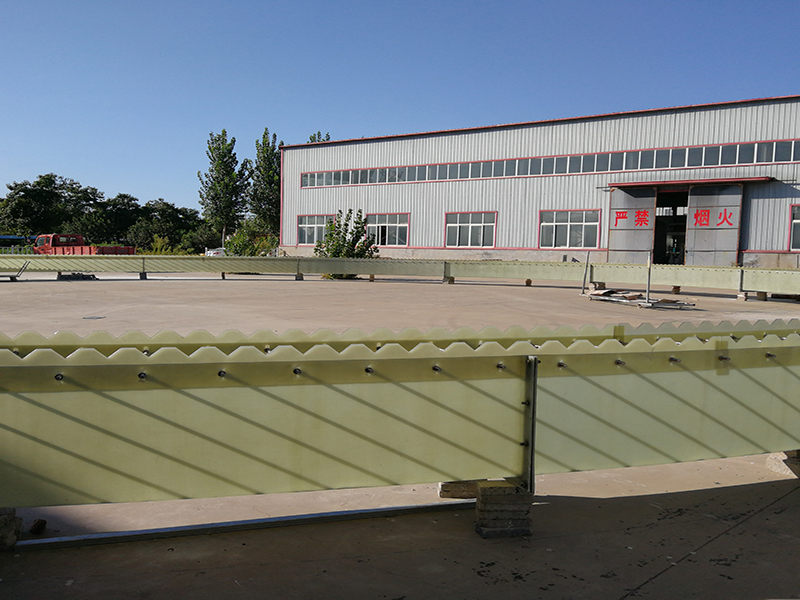In addition to being lightweight, FRP ducts are also highly durable and resistant to corrosion, making them ideal for use in a variety of environments, including industrial settings where exposure to harsh chemicals or high temperatures is common. The materials used in FRP ducts are also non-reactive, meaning they won't rust or degrade over time like metal ductwork can.
...
2025-08-16 01:18
1570
